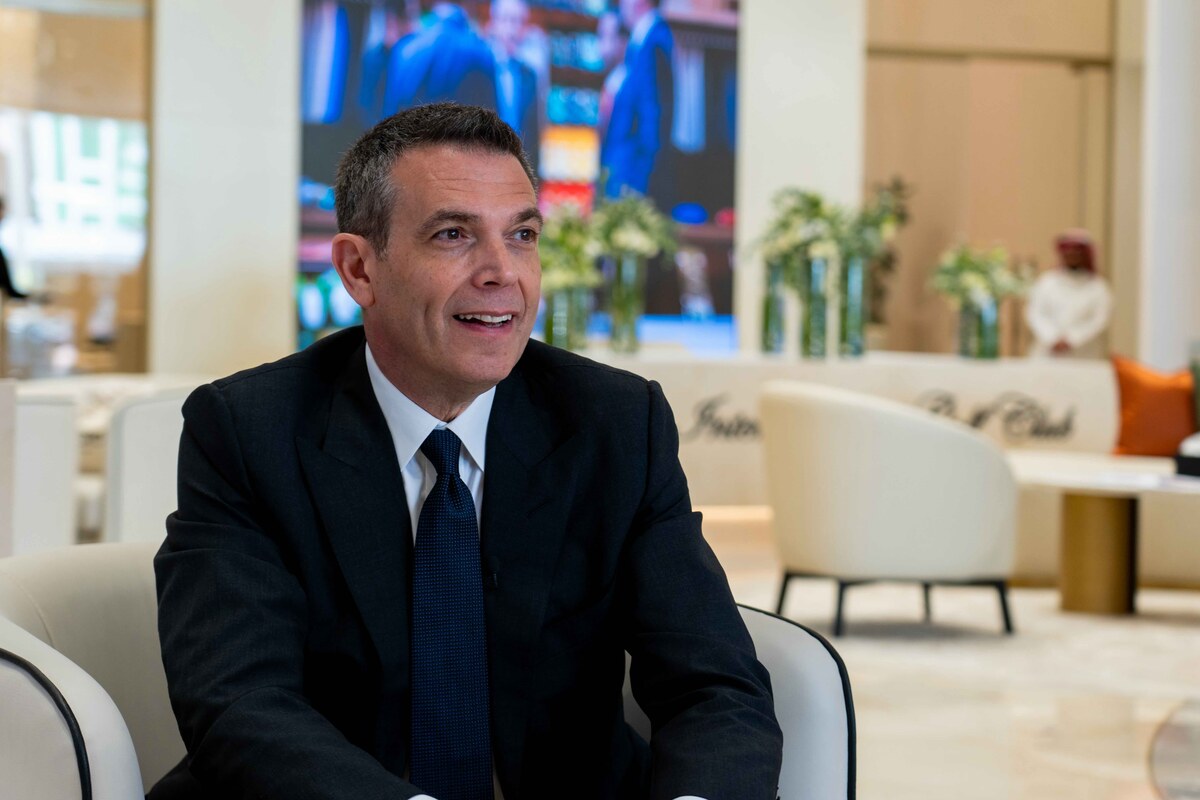RIYADH: Saudi Arabia’s non-oil economy is expected to grow by 4.4 percent in 2025 as the Kingdom continues its path toward economic diversification, according to a new analysis.
In its latest report, professional services firm PwC Middle East said Saudi Arabia is aligning its economic diversification efforts with sustainability goals, including achieving net-zero emissions by 2060.
In the first half of the year, the Kingdom’s non-oil economy expanded by 3.8 percent, with the non-energy private sector seeing a 4.9 percent growth in the second quarter, it added.
Strengthening the non-oil private sector is a core objective of Saudi Arabia’s Vision 2030 program, which aims to reduce the Kingdom’s dependence on oil revenues.
“Saudi Arabia’s transformational journey combines economic diversification with sustainable growth. The expansion of renewable energy, focus on advanced industries, and vision for a green future highlight the Kingdom’s commitment to its national goals and its role in the global energy transition,” said Riyadh Al-Najjar, Middle East chairman of the board and Saudi Arabia senior partner at PwC Middle East.
PwC said the Kingdom’s trade and hospitality sectors grew by 6.4 percent year on year in the first half of the year, while transport and communications, and finance and business services also posted positive growth of 4.8 percent and 3.8 percent, respectively.
The report noted Saudi Arabia’s progress in the electric vehicle sector, with significant investments in EV manufacturing.
The Kingdom is building a hub in King Abdullah Economic City to produce 150,000 vehicles by 2026 and 500,000 by 2030.
The Saudi government is expanding EV infrastructure through the Electric Vehicle Infrastructure Co., a joint venture between the Public Investment Fund and Saudi Electricity Co., to install 5,000 fast chargers by 2030.
“Saudi Arabia’s drive toward a diversified and sustainable economy showcases its adaptability and resilience. These efforts reflect our nation’s commitment to a greener future and set a benchmark for global energy transition,” said Faisal Al-Sarraj, deputy country senior partner in Saudi Arabia and PwC Middle East consulting clients and markets leader.
In October, Moody’s projected that Saudi Arabia’s non-hydrocarbon real GDP would grow by 5 percent to 5.5 percent from 2025 to 2027, driven by increased government spending.
The International Monetary Fund also projected Saudi Arabia’s economy to grow by 4.6 percent in 2025, largely driven by the Kingdom’s diversification strategy and the expansion of the non-oil private sector.

























